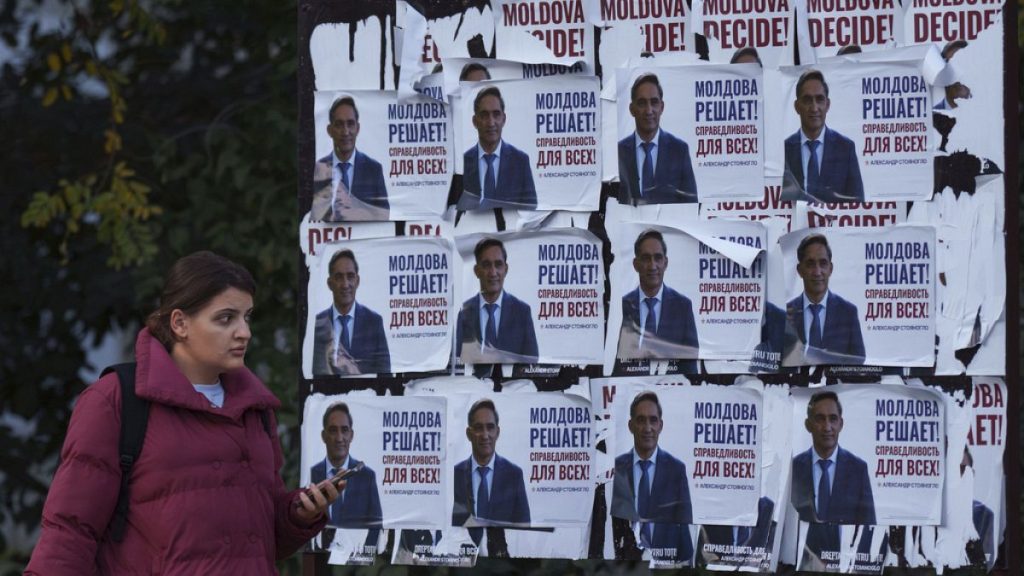Moldovan voters are set to choose between incumbent Maia Sandu and challenger Alexandr Stoianoglo in the upcoming presidential election. Sandu, the pro-European candidate, and Stoianoglo, who favors closer ties with Russia, faced off in the first round, with Sandu leading with 42% of the vote and Stoianoglo receiving 26%. As no candidate received more than 50% of the votes, the runoff election is seen as a choice between geopolitical opposites.
In addition to the presidential election, Moldova also held a national referendum in which a slim majority of 50.35% voted in favor of securing a path toward EU membership. However, the result was overshadowed by allegations of a Moscow-backed vote-buying scheme. Authorities reported that exiled oligarch Ilan Shor orchestrated a vote-buying scheme, funneling approximately €35.8 million to over 130,000 voters through a Russian bank under international sanctions. Shor denied any involvement in the scheme, but concerns about the fairness and legitimacy of the voting process were raised.
During the first round of elections, candidate Ticu, who was considered a long shot, raised concerns about the influence of Moscow-backed groups and the lack of fairness and democracy in the voting process. Ticu supported Sandu in the runoff election, warning of potential Russian occupation if troops moved to the port city of Odesa. Issues of electoral bribery and corruption were also raised, with arrests made, financial investigations conducted, and doubts cast on the electoral legitimacy in Moldova.
The elections highlighted serious flaws in Moldova’s judiciary and raised doubts among pro-Moscow factions about the electoral process. Former president Igor Dodon, aligned with Russia, rejected the referendum results and criticized Sandu’s leadership. Sandu acknowledged the presence of fraud and foreign interference in the elections, emphasizing the need for judicial reforms to safeguard Moldova’s future. As one of Europe’s poorest nations, facing high inflation, experts warn that Moldovans may be susceptible to electoral corruption for small sums.
Looking ahead, observers warn that Moscow may focus its efforts on the 2025 parliamentary elections in Moldova. With decreasing support for the ruling pro-Western Party of Action and Solidarity, concerns have been raised about its ability to maintain its majority in the 101-seat legislature. As Moldova grapples with ongoing challenges of corruption, foreign interference, and electoral irregularities, the future political landscape of the nation remains uncertain.


